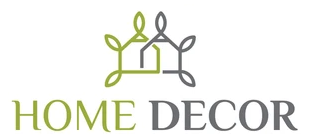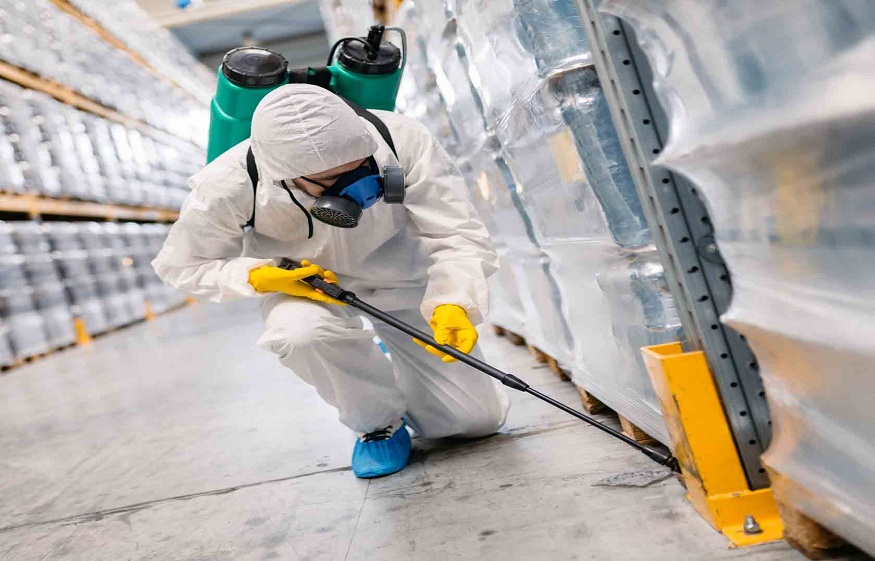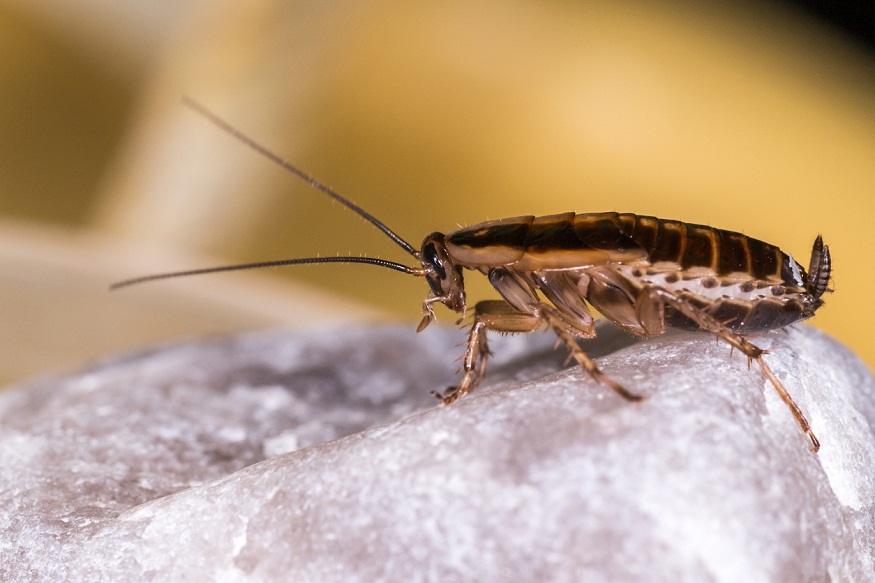Dream getaways can easily transform into nightmarish hells when unwanted guests arrive at vacation rentals. Airbnb pest outbreaks are much more frequent than most travelers realize, and hardly a day goes by when guests do not discover bed bugs or cockroaches in their temporary homes. These unwelcome interlopers can spoil your trip, destroy your stuff, and even clutter up your own home in your luggage.
The frustration extends beyond a mere sighting of insects. Pest infestations can leave you scrambling for last-minute alternative housing, petitioning for refunds, and even expose you and your family to potential health hazards. Some travelers end up cutting their trips short or forgoing valuable vacation time, fighting with hosts and customer service agents.
Smart travelers understand that a few minutes of inspection when you first arrive somewhere can save hours of headaches later. But with a serious or recurring pest problem, it is important for your Airbnb owner to call on the expertise of a professional pest control service to get to the bottom of the problem and keep it from coming back to your home. And you can do it by visiting This website.
Why Should You Always Look For Pests On Airbnb?
- Health and safety: Many pests transmit diseases and can trigger asthma and allergies, as well as bite or sting, and require first aid or medical attention.
- Property destruction: Pests may also destroy property, damage household goods, and create unsanitary living conditions.
- Prevent home infestations: Bed bugs and other pests can easily hitch a ride in your luggage and infest your home
Under Airbnb’s policy, properties with mice, rats, vermin, and other pests are deemed “not habitable,” and guests can receive refunds if problems are reported within 72 hours. But this protection is only guaranteed if you diagnose the problem and document it correctly, and then if you legally comply with the restraining notice.
What To Look for When Renting Airbnb?
Your pest inspection kicks off as soon as you make your way onto the property. Pay attention to these important areas and warning signs:
Bedroom Areas:
Inspect the seams between the mattress and box spring, headboards, and bed frames for spots, blood stains, or strong, sweet, musty odors, signs that bedbugs are nearby. Pull back sheets and inspect pillowcases for insects or their excrement.
Kitchen and Dining Spaces:
Scan for droppings near food storage, on grease marks along walls, and in cabinets and drawers. Consider the zones around the stove, the refrigerator, and the sink where crumbs and moisture may attract pests.
Bathroom Inspection:
Check corners, behind toilets, and around plumbing for signs of moisture-loving intruders like silverfish or cockroaches. Look for water damage or mold that makes good places to breed.
Living Areas:
Check upholstered furniture, curtains, and rugs for background insects or damage. Check for any holes in fabrics, chewed up materials, or odd stains on or around your garments, which could be signals of bugs.
Entry Points:
Examine doors and windows and the location of any cracks or gaps that might conceal pests. Inspect weather stripping and screen doors for damage that provides easy entry.
Take photos and time-stamp any findings. This proof is important if you do need to file a refund or find alternative accommodations through Airbnb’s resolution process.
Why You Should Always Inform The Homeowner
Many hosts really do want to offer clean, comfortable places and may not realize that they have pest issues. Professional property owners typically contract with routine cleaning services and pest control companies, however, problems can persist between guest stays or once treatments run their course.
Swift reporting is also in line with Airbnb policies and keeps the power in your hands as a consumer. Guests must report habitability issues within 72 hours, and photos are required to be eligible for refunds or assistance with rebooking, the platform says. Delaying this contact may affect your options for recourse.
In your message to the owner, send a few clear photos; describe exactly where you saw pests, and calmly describe what you have observed. Most hosts will have pest control services scheduled or provide another place to stay on the spot to keep their property’s reputation and guest satisfaction marks up.




